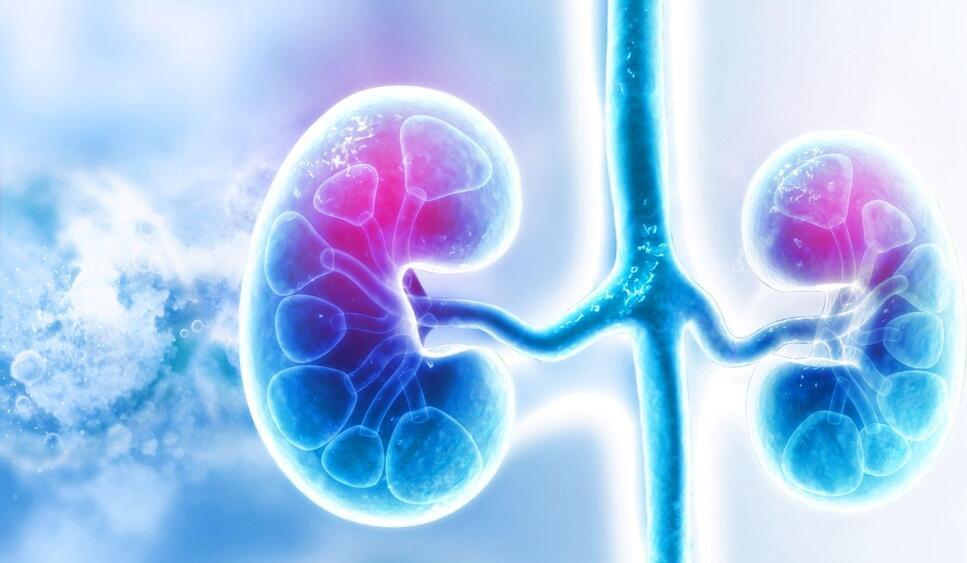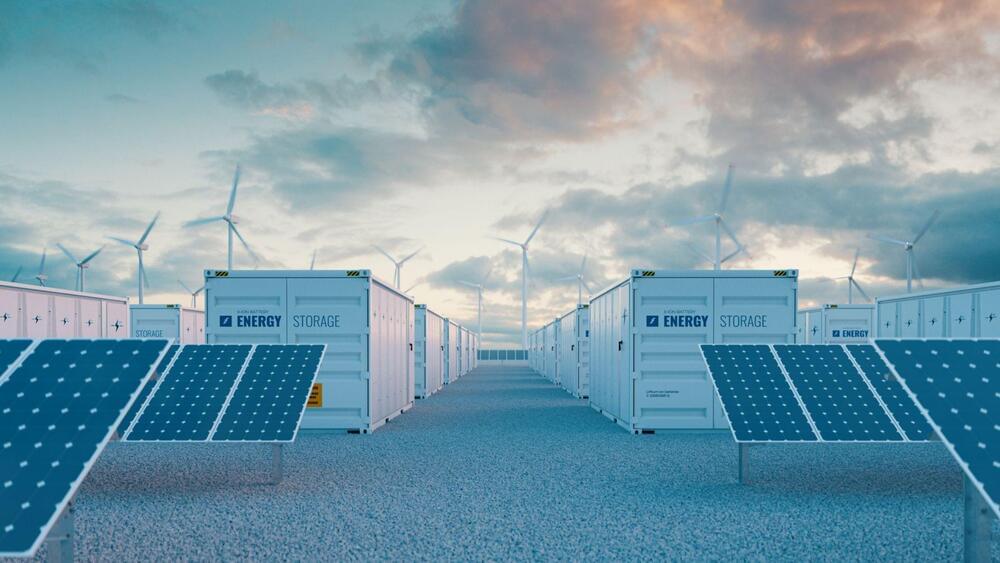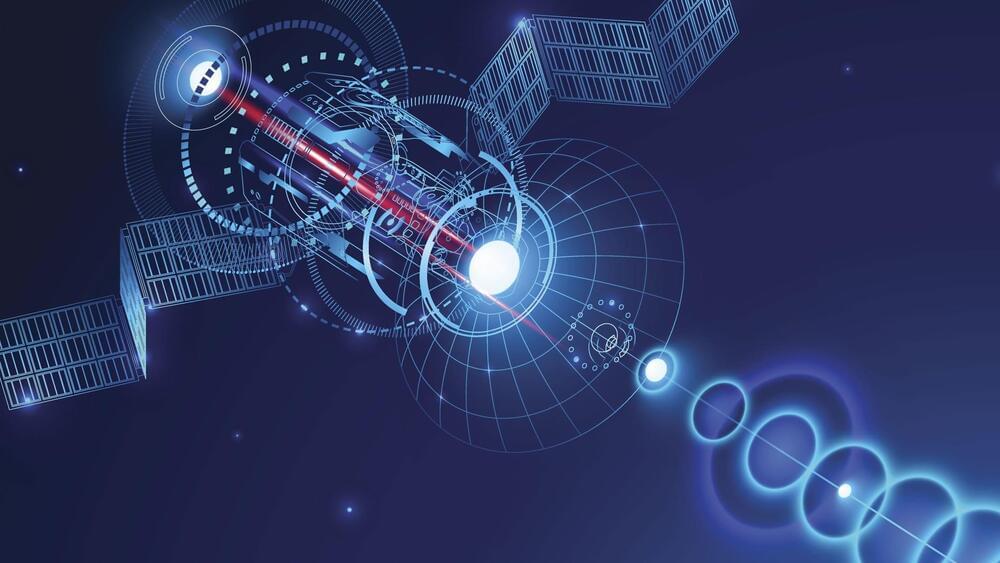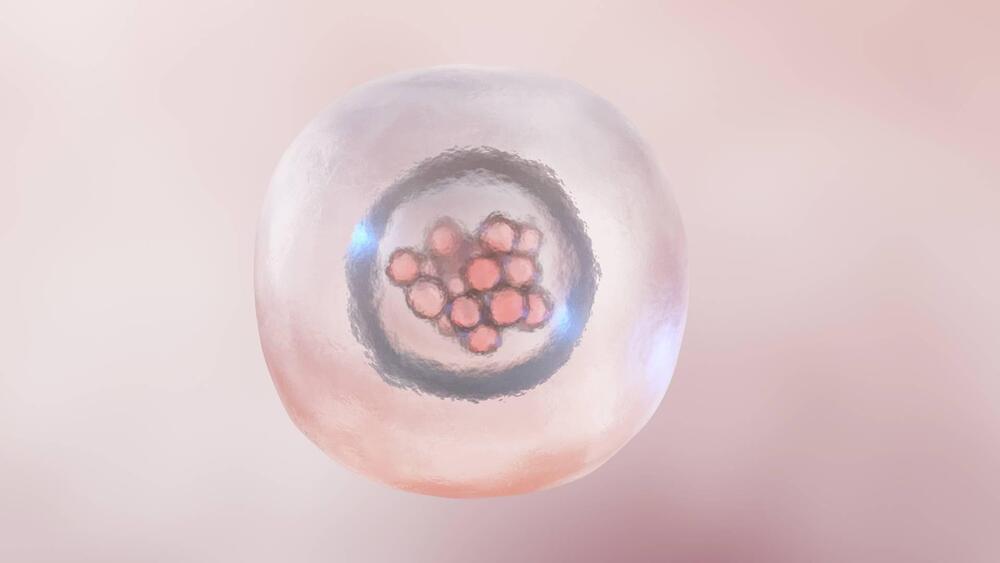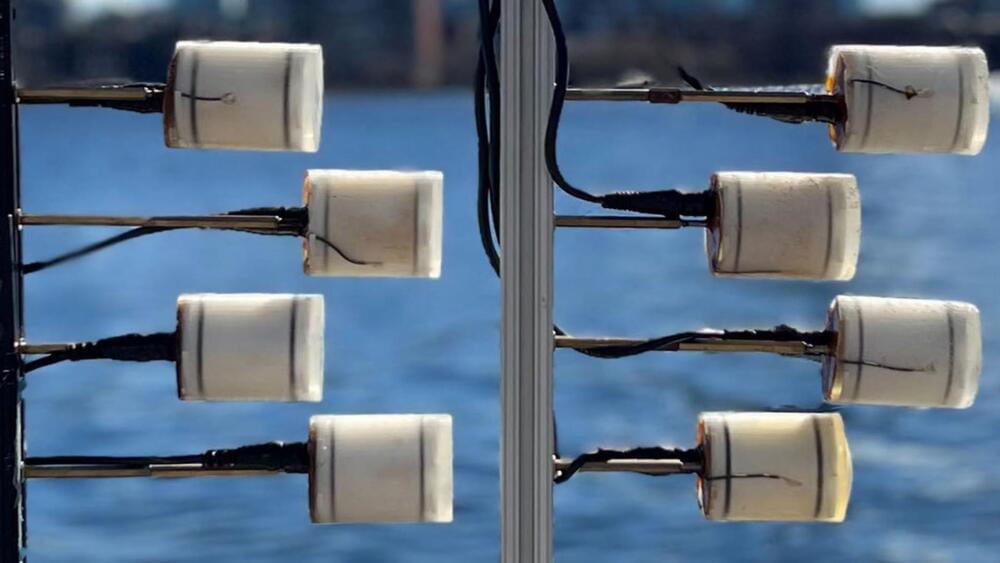Sep 7, 2023
Scientists grow human kidneys inside pigs using stem cells
Posted by Gemechu Taye in categories: biotech/medical, health
For the first time, scientists produced human kidneys out of chimeric embryos containing a mix of pig cells and human stem cells. The same technique can be used to produce heart and pancreas.
A team of Chinese researchers has successfully grown early-stage developing human kidneys into female pigs using chimeric embryos.
Continue reading “Scientists grow human kidneys inside pigs using stem cells” »
